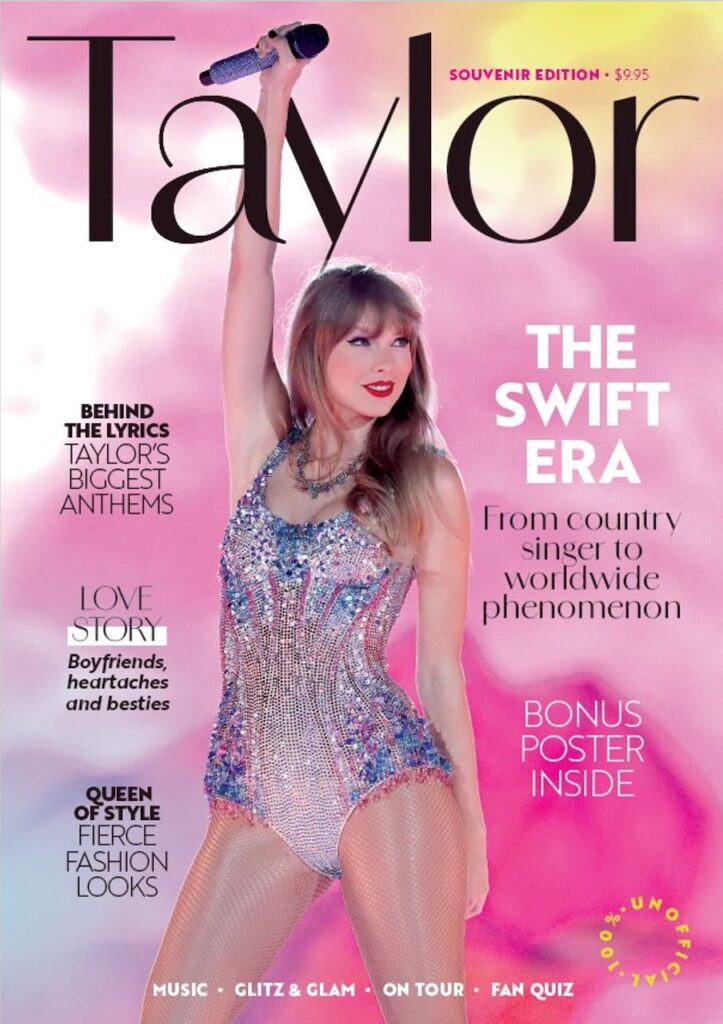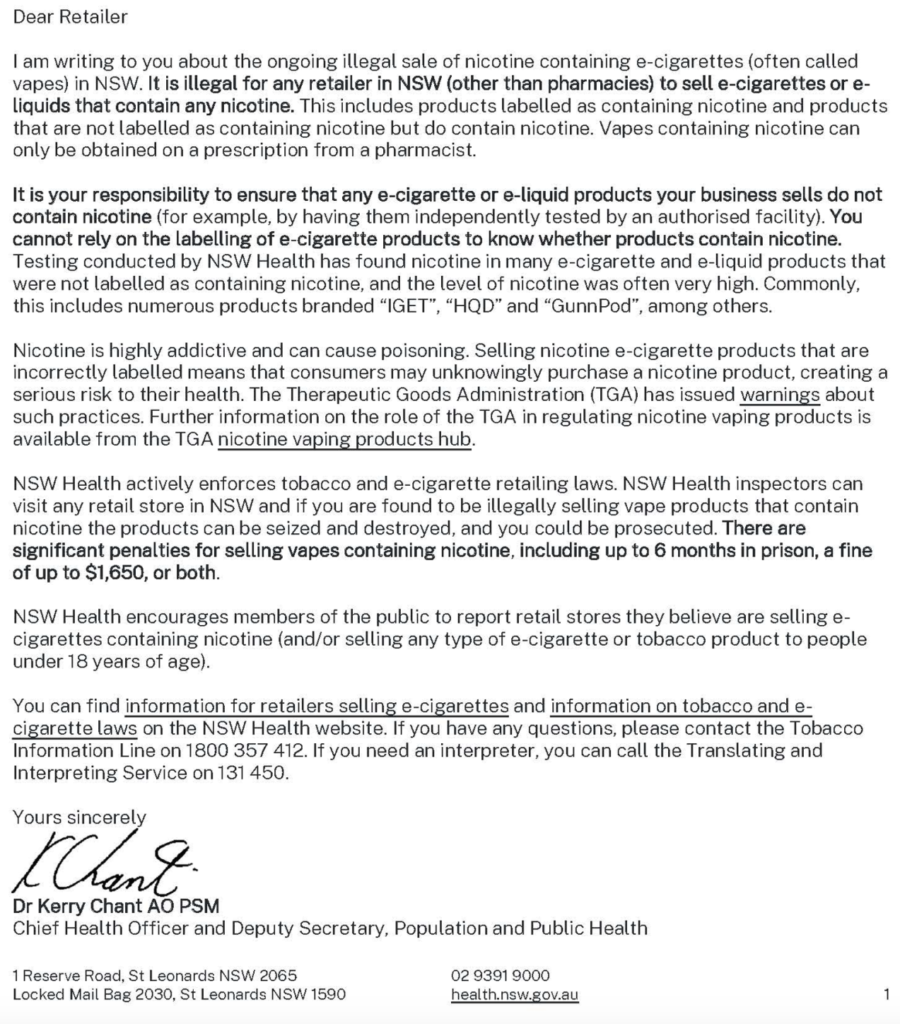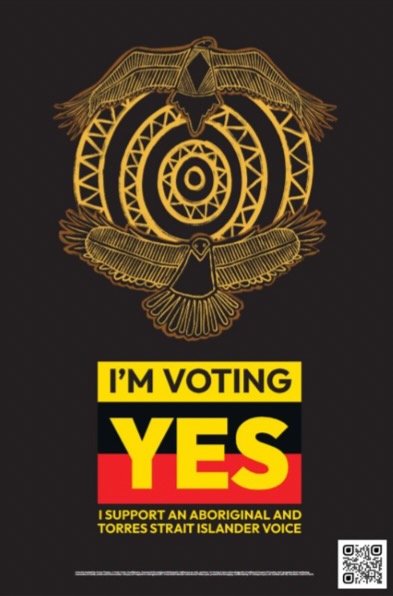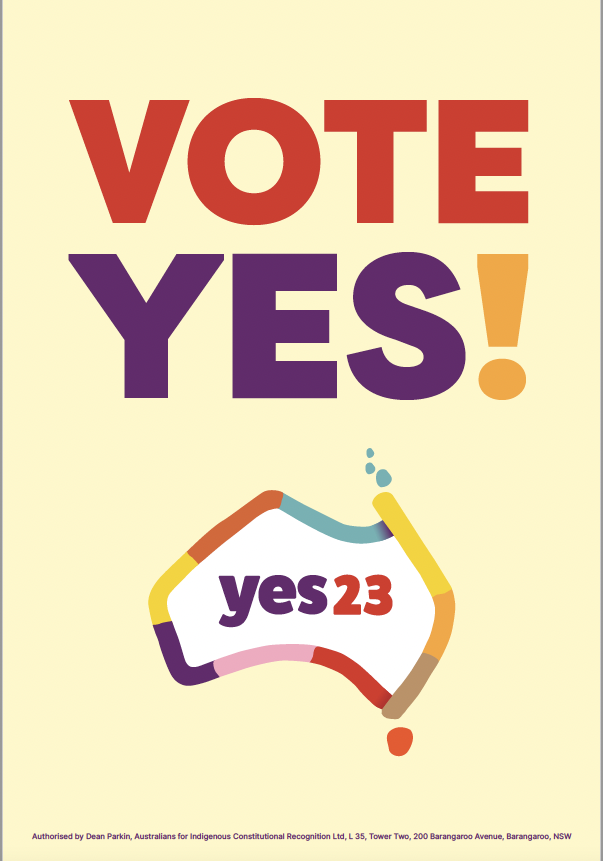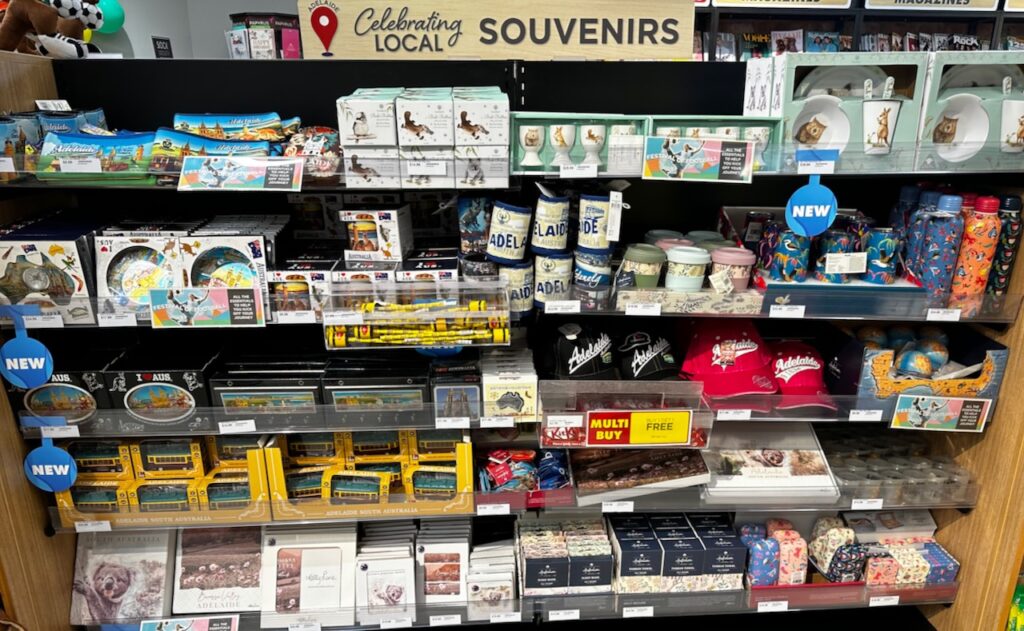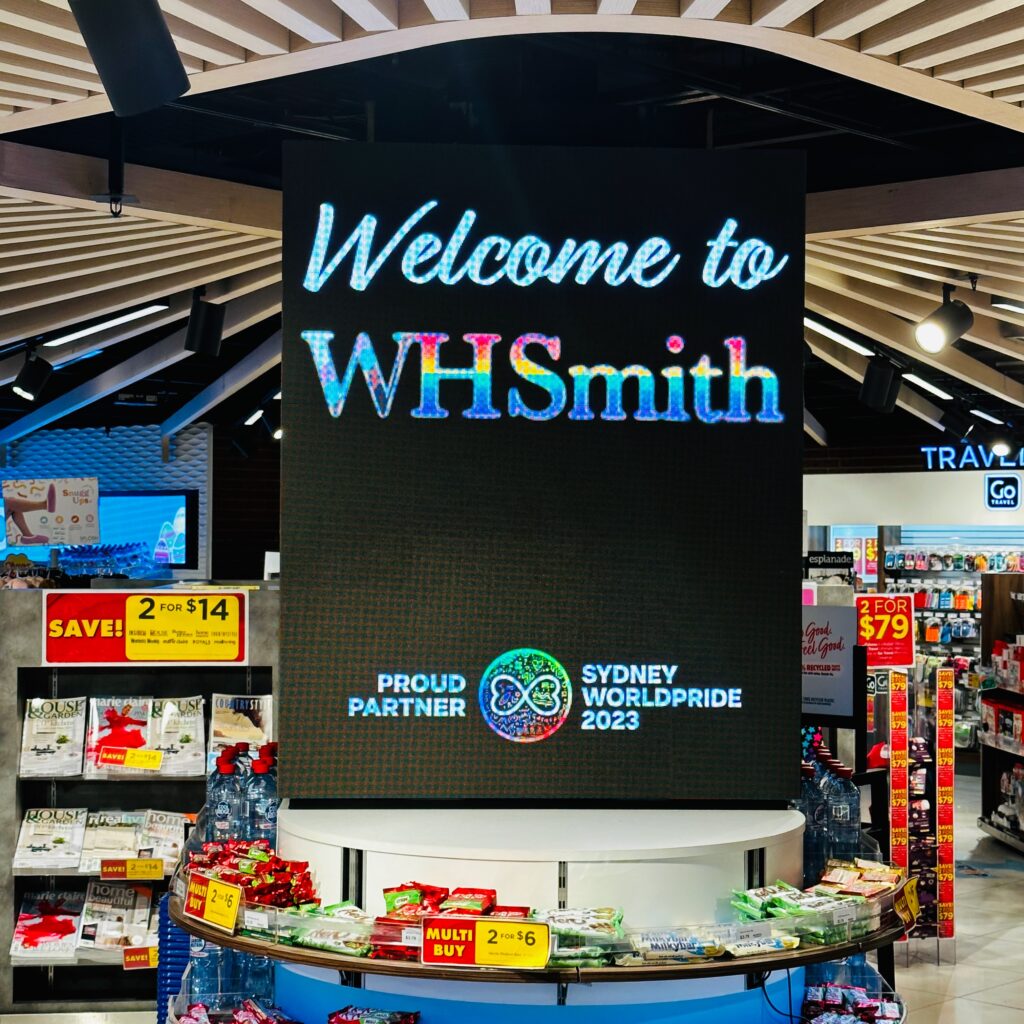Newsagents handing back their newspaper home delivery runs need a service contract for dealing with poor newspaper publisher service
The two main newspaper publishers in Australia, News Corp. and Nine Media (Fairfax) have a poor track record managing newspaper home delivery they take over from local newsagents, regardless of whether it is a forced takeover or a voluntary hand back.
They replace what has been for 100+ years a local personal service with corporate impersonal processes.
Whereas newspaper home delivery customers could speak to someone locally with direct knowledge of the delivery situation, in the publisher driven model customers have to navigate impersonal and broken processes that pay little regard to the local delivery situation.
I think newsagents deserve a service contract to cover the first year of post home delivery option. This contract could include the following fees payable by the publisher to the newsagent:
- $5.00 for each email contact by a home delivery customer to the newsagent asking about home delivery such as where is my paper.
- $5.00 for each in-store contact by a home delivery customer to the newsagent asking about home delivery.
- $10.00 for each phone contact by a home delivery customer to the newsagent asking about home delivery.
- $25.00 additional fee for each engagement where the customer is angry.
- $25.00 for each call or email contact with the publisher for matters not covered by the above.
- $25.00 for each call that has to be made or email that has to be sent to the distributor asking where the papers are for the shop.
- $50.00 per title for each day a newspaper is not delivered to the shop by 8am (or any other time as stipulated by the newsagent based on their early morning trading). The amount could vary based on the usual number of papers sold where the penalty should be double the usual GP$ for the day.
- $100.00 per title for each day a newspaper title is not delivered to the shop. The amount could vary based on the usual number of papers sold where the penalty should be double the usual GP$ for the day.
- 250% GP penalty for each newspaper given to a home delivery customer who missed a paper, the publisher cannot rectify and a replacement paper is given from the shop.
- A flat insert or giveaway fee for each time the newsagent is asked to give something away with the newspaper where the fee is at least 10% of the cover price of the accompanying newspaper and is paid weekly as an automated credit to the account.
- A fee of $50.00 per 15 minutes for any in-store visit by a newspaper pub lister representative.
I’d make reporting simple with no opportunity for dispute by the publisher for such claim and with payment monthly by direct debit initiated by the newsagent entering contact details (date, time, customer name) into a web portal setup, maintained and paid for by the publisher.
Of course, these fees will seem over the top to most reading them. I have suggested the figures I have so they act as an incentive to newspaper publishers to do better. I reckon can predict some of the reactions people will have reading this.
No publisher will agree to this.
Newsagents have to be kidding themselves if we’d agree to this.
This list is nonsense.
Who do they think they are.
I’m just happy to have given up home delivery, I don’t want to rock the boat.
I’ve moved on.
The response by publishers will be silence. They will ignore the suggestion. They’ll read it here and mutter about it to each other, but we will hear nothing because any request like this from newsagents has been treated this way, with silence.
I started thinking about the list when I saw a query from a long-term home delivery customer to the newsagent who used to deliver their paper to a nursing home. The newspaper publisher had not actioned a change request and the customer was becoming distressed after 4 attempts at contact. They reached out to the newsagent who ultimately organised for the issue to be fixed. They did this in service of a long-standing customer and because they understand personal local service. The newspaper publisher had let the customer down because of the corporate processes put in place to manage home deliveries.
Recently, we did not get the Australian Financial Review in one of my shops that ended home delivery a couple of years back. Two phone calls produced no result. Then, a couple of hours later, the distributor called a number not on the registered contacts list to say it would not be supplied at all. The person with that number had to call the shop. Next, the shop staff had to deal with customer queries and agitation. There were several unpleasant exchanges.
All of this costs money.
The newspaper publishers control the production and distribution of their product, yet they continue to expect local small business newsagents to provide free customer service to cover for their failures.


